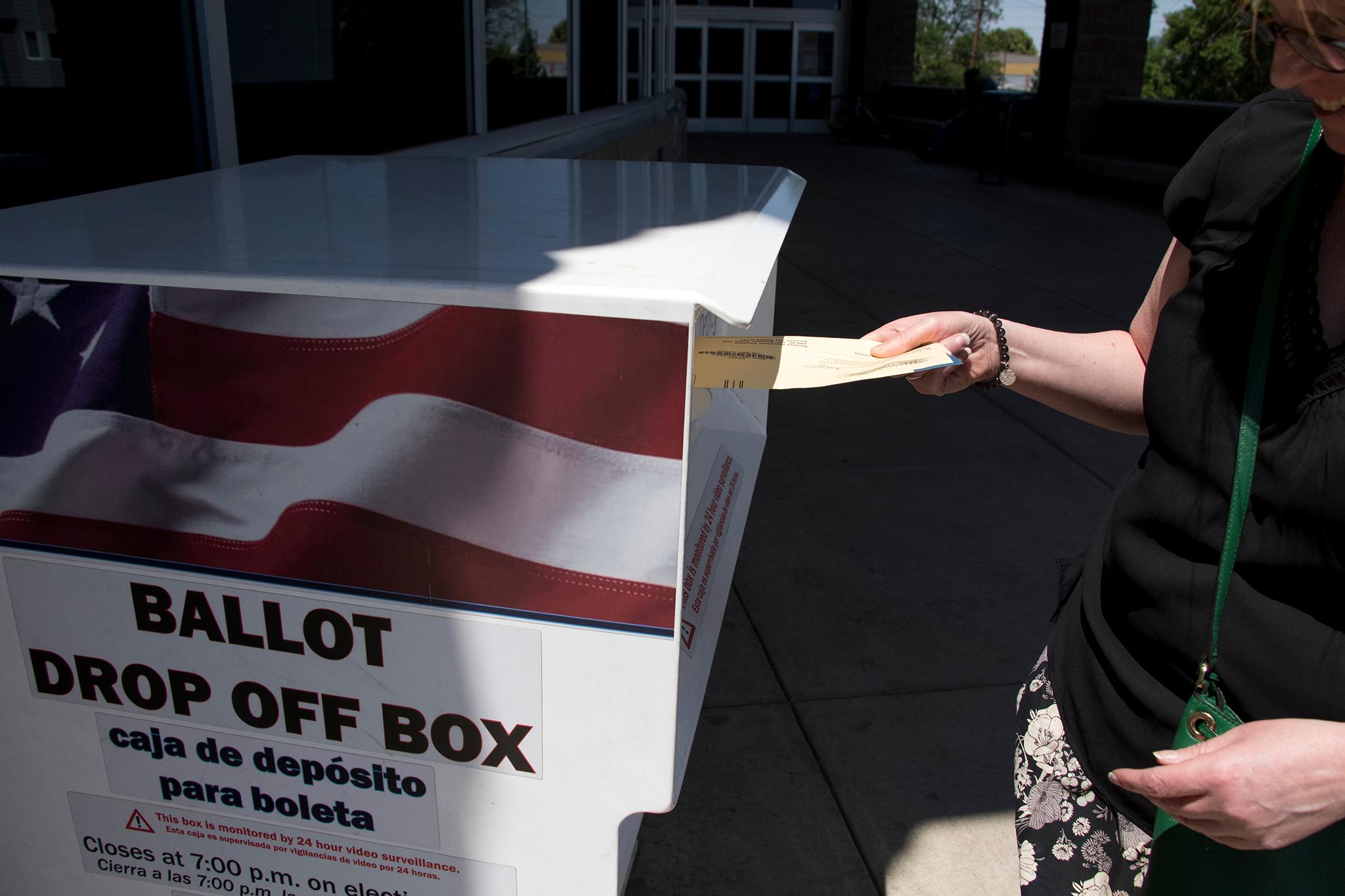The Denver City Council is moving to close a gap in its campaign finance rules.
The new bill says something that probably seems obvious: The city government can't spend public money to support political candidates and campaigns.
That has long been the established practice in cities across Colorado, but it was disrupted this year.
Previously, state officials had handled some of the campaign finance complaints against city officials. But the Secretary of State's office has now pushed that responsibility (and the associated cost) to local officials.
As a result, there were no rules that applied to some important elections topics in Denver. In fact, an administrative law judge dismissed a complaint against Councilman Albus Brooks because there were no applicable rules.
"We can't have a system where people can't complain about us," said Councilman Kevin Flynn, who introduced the bill.
The new ordinance, which passed a first reading on Monday, makes it illegal for city officials, employees, and agencies to spend city money, time or resources on a political campaign.
"It sets up a home-rule procedure for accepting and investigating and having consequences for campaign finance complaints," said Flynn.
The councilman said that he introduced the ordinance in response to the Brooks case.
The complainant, attorney Jason Legg, had alleged that Brooks improperly donated city money to a school in order to boost his personal brand and score a prominent position for a banner with his name on it.
Brooks said that he was only spending his city budget, as other council members do, to support a community institution -- not for recognition. But he said that he would support new rules in Denver, saying that clarity would help.
Flynn said that he didn't have an opinion on the merits of the case against Brooks, as he hadn't read it. But he said that the lack of applicable rules was an obvious sign that something had to change.
"I don't know, if it had been heard under these rules -- would it have had merit? I only know so much about it that I would have been wrong," Flynn said.
The new law allows people up to 30 days to "cure" the problem -- basically, by reimbursing the city or otherwise fixing the allegations.












